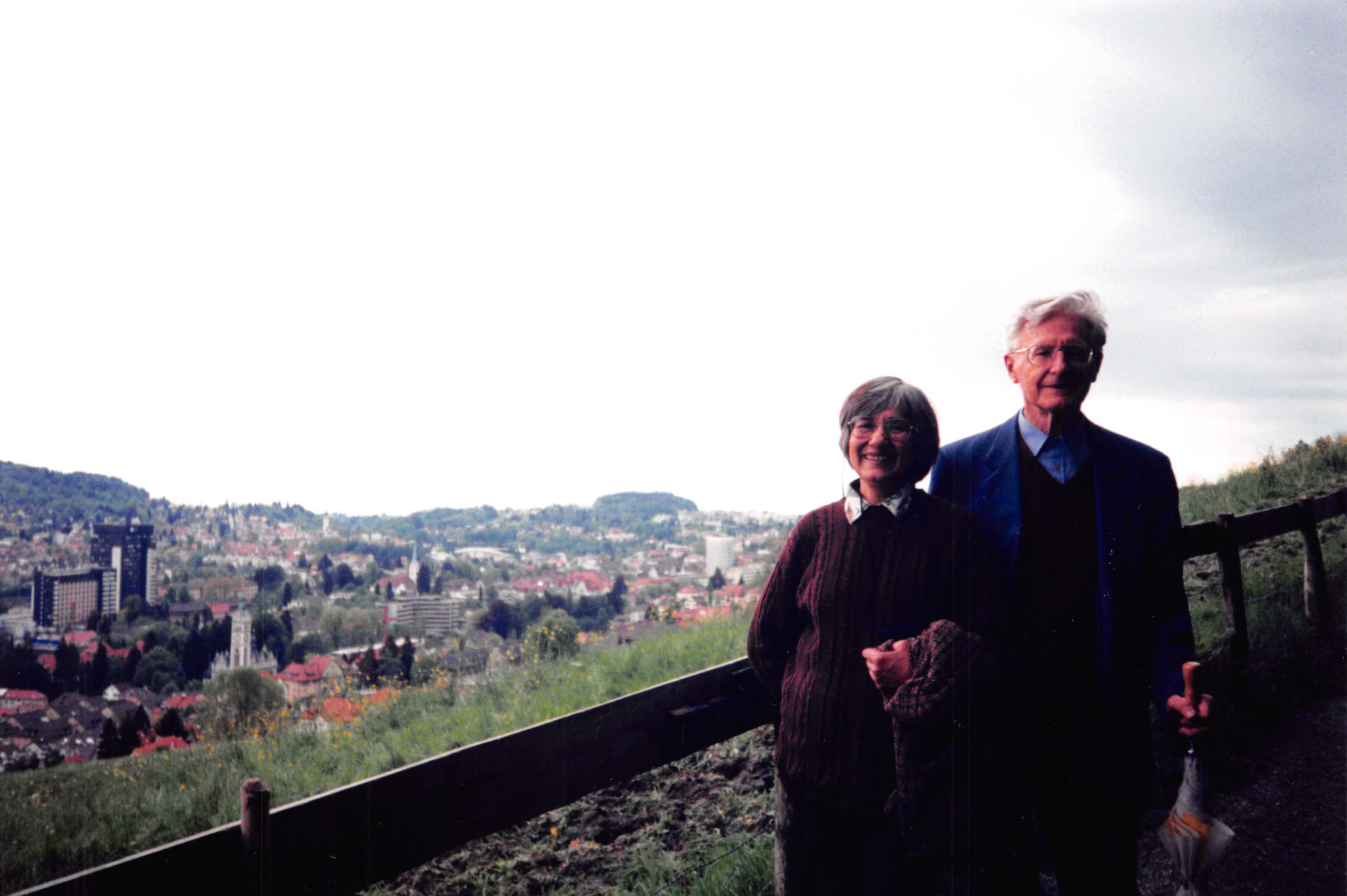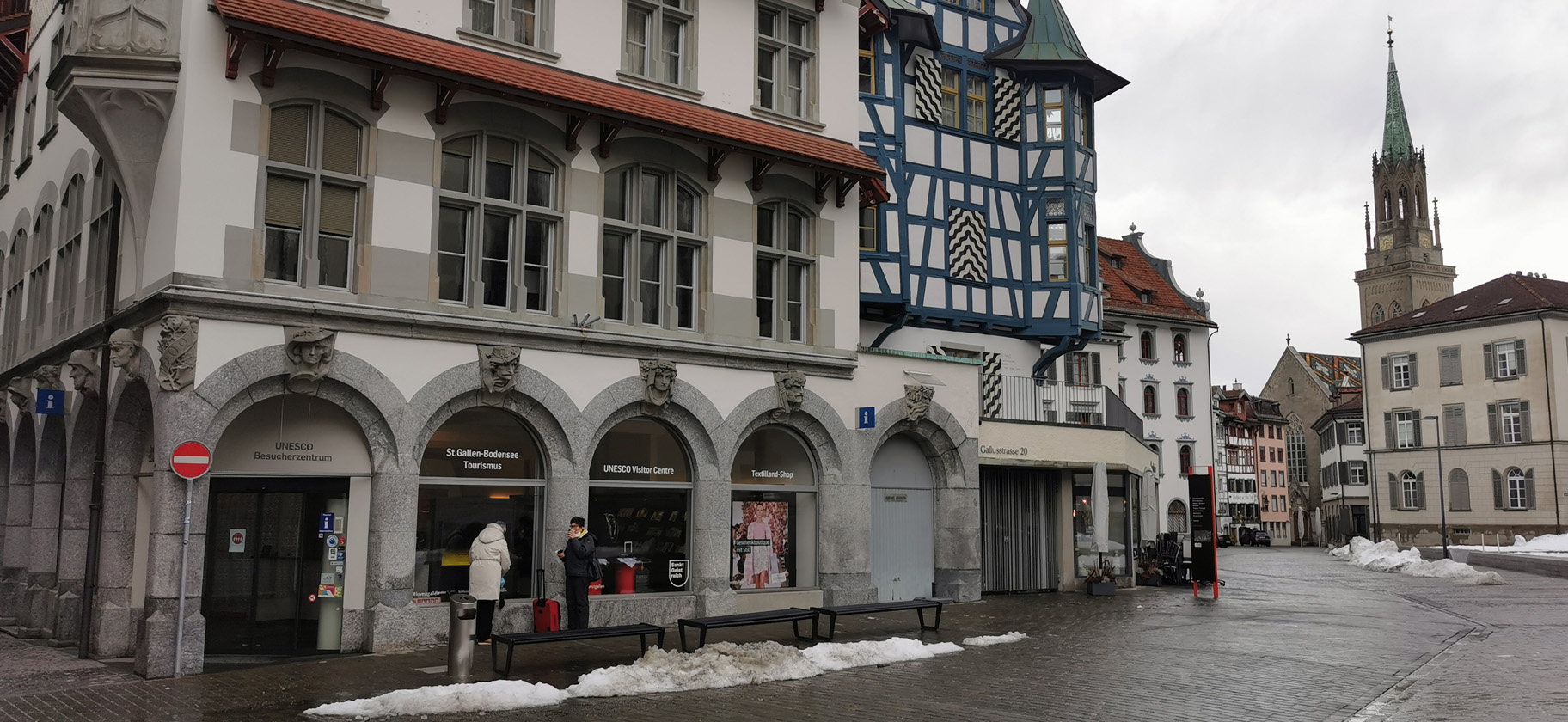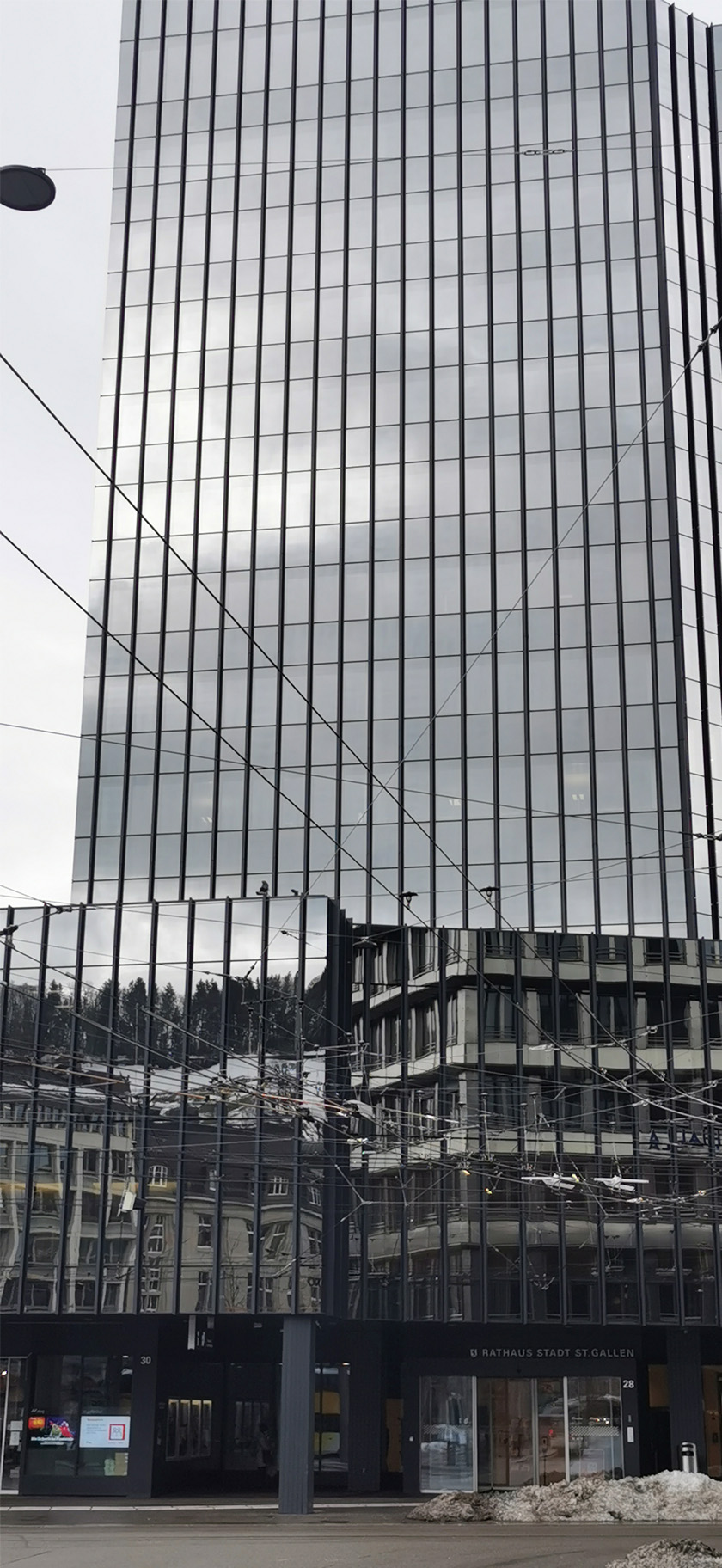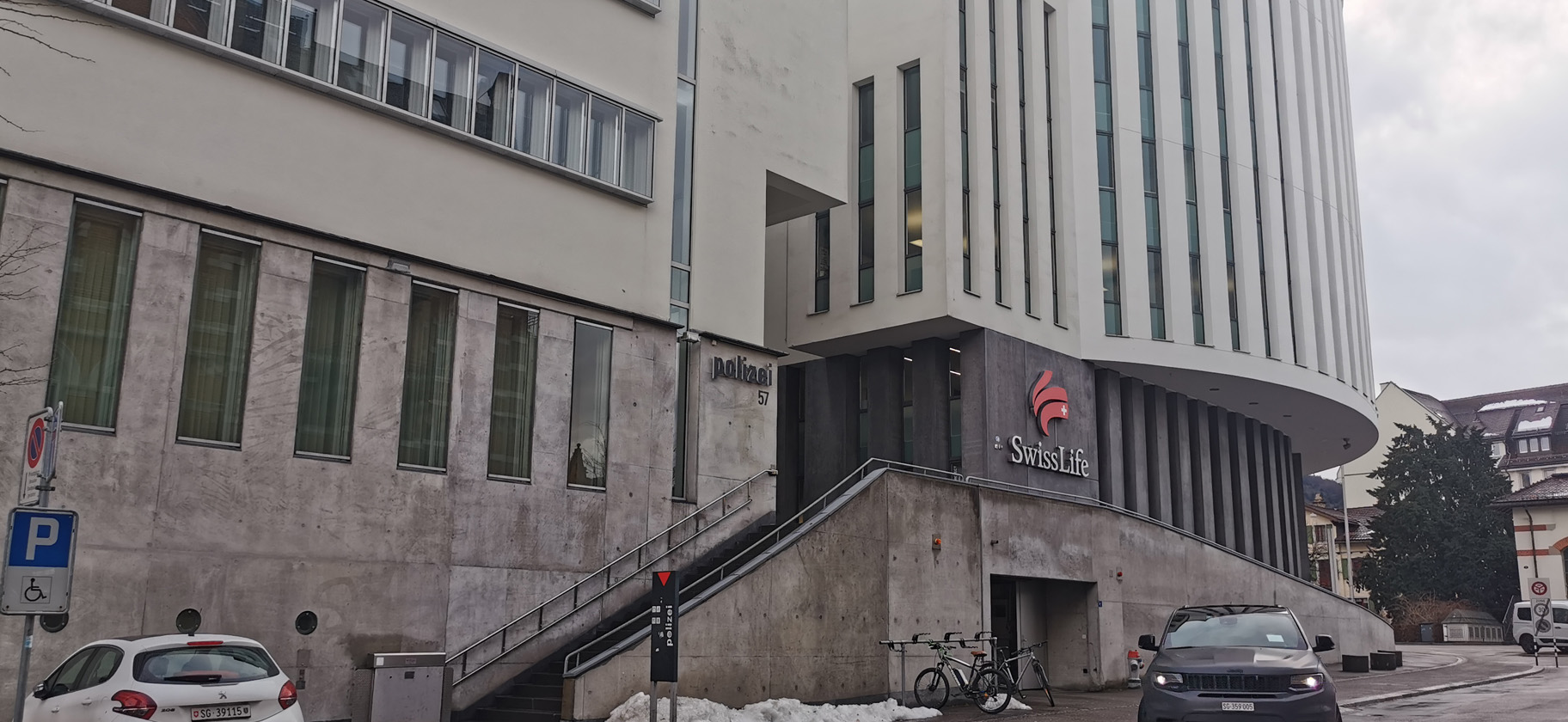The Search for Lajos and Leonor

Long before all of the world’s information was stored in our cellular telephones, my grandmother kept everything of importance in a pocket-sized address book. When I was getting set for my first overseas adventure she populated my own address book with the names of relatives and friends spread out across Europe. They were names without faces but I was instructed that all I need do was show up at their door and explain whose grandson I was and I would be granted admittance. I learned on that first adventure that to know my grandmother was to wield the password to an amazing universe. My grandmother taught me that the people we meet during our lifetime never forget us and that every connection, no matter how brief, was a treasure. One of the names in that address book was Lajos Zehery.
So much time has passed that the exact nature of the relationship between Lajos and my grandmother, whether they were distant relatives or just friends, escapes me. What I do remember is that their relationship stretched all the way back to pre-war Hungary. Like my grandmother, Lajos left Hungary during the October Revolution of 1956 and settled in Switzerland where he worked in banking. He married a Chilean woman, Leonor, and in 1999 when I visited, they were living in a small apartment in a quaint Swiss city named St. Gallen not far from the Austrian border. They never had children and lived a quiet little life.
When I visited, Lajos and Leonor were already in their early seventies but full of life and wisdom. They owned a closet space in the apartment building where they set up a cot for me amidst the bookshelves and stacks of magazines that they had hoarded over the years. They gave me shelter and cooked me meals and gave me a base from which to explore Switzerland. We walked through the parks around St. Gallen and chatted about life and the generational differences were unnoticeable. Without any technology to occupy our attention and provide dopamine hits every few minutes, connecting with others outside of your age group used to be a normal and rewarding part of everyday life. Most of all, by virtue of being my grandmother’s grandson, they were absolutely fascinated by me.
A few years after my visit, when I settled down in Montreal, they visited Canada. The internet was increasingly becoming a force of everyday life and cell phones were showing up in everyone’s pockets, but they were limited to making calls and sending text messages so there was still enough space for us to connect on a human level. We went out to restaurants and sat and drank tea and coffee and reminisced about the time I came to visit them in St. Gallen and about the adventures I had after I moved on from Switzerland.
As time went on, my attention to the world outside of my own troubles got put to the side as I struggled to make ends meet. It is hard to have a thought free for an elderly couple in Switzerland when the landlord is beating down your door to get the rent money. But the people of Lajos and Leonor’s, and my grandmother’s, generation were generally more adept and sincere about maintaining meaningful relationships than we of the digital age. Over the years, every so often, a hand-written letter would appear at my grandmother’s house from Lajos and Leonor. In each one, they would inquire as to what and how I was doing. Life was hard and there was never good news, but my grandmother was an optimist and a master of spin. They knew each other’s birthdays by heart and so there were at least three phone calls every year and from time to time the content of those chats would filter down to me.
When my father died, my mom turned into a full-time caregiver for my grandmother who began to weaken after seeming ageless for so long. Concerned with pressing matters at home, news of Lajos and Leonor became more sparse and then stopped without us noticing.
By the time the second wave of the pandemic was tearing through Europe, I was headed back to Switzerland to hunker down with a friend in Verbier in the Swiss Alps to wait out the worst of the surge in cases spreading around the world. After landing in Zurich, I had some days free to settle in and St. Gallen is only an hour train ride away. After five years without any news, I figured that there were three possible scenarios that could unfold from my search. The first was that I would arrive at the old apartment and they would be there just as if nothing had changed. A second, and equally likely possibility, was that they had also passed away and if that were the case, I would be able to confirm it through city records. The third possibility, the one that tore at me, was that I would venture out to St. Gallen in search of two old friends and leave without any definitive answers.
Torstrasse is just off the old ring-road surrounding the old city. It had been so long that I no longer recognized the city but I managed to make my way to their old address. I was dismayed when their names did not appear on the apartment registry. I hung around outside of the building for a while hoping someone would enter or exit and maybe I could ask some questions. I thought about ringing on one of the apartment buzzers hoping to be let in so that I could do my own sleuthing from the inside but, considering the state of the pandemic, thought better of it and decided that my search would be better served to explore other leads. Twenty years had passed and I had had a half-dozen different addresses in that time – the only address that is permanent is the one to which we are sent after our last breath is drawn. I thought it unlikely and reasonable to assume that they were no longer living at the old address.

The tourist information office in the old city centre was open in spite of the pandemic. I told my story and asked bluntly what someone in my situation should do and I was told to inquire at the Hôtel de Ville. I approached a clerk at a desk and explained the situation.
“You are not a relative of this person?” the clerk asked.
“I don’t know,” I replied. “If we are related it is very distant and I have no way to prove it.”
 “I have to tell you, sir,” he continued. “You should give up. You have no hope of finding this person.”
“I have to tell you, sir,” he continued. “You should give up. You have no hope of finding this person.”
“I am not certain if they are even alive.”
The clerk typed away at his keyboard with the information I gave him about Lajos and Leonor. “They are alive,” he said.
There I stood on the other side of the glass staring at the back of a computer that had the information that I was seeking on its screen. I pleaded with the clerk to give me information on how to find them but he refused.
“These are private citizens, sir, and for reasons of their privacy and security I cannot share any information concerning their whereabouts.”
“Imagine you’re me,” I said. “What would you do?”
“I told you before, sir. You should give up. You have no hope of finding this person.”
He handed me a phone number for an agency in Switzerland that acted somewhat like a private detective that, for a fee of six Swiss francs per minute, could potentially research the information that I was seeking but there was no guarantee. I had not yet exhausted all of my options and decided to move on.
I decided to visit the central police station. I explained my story, and everything that I had discovered, to the agent on duty at reception but there was a major language barrier. Thankfully the western half of Switzerland is French and I was put on speakerphone with a French liaison officer to whom I was able to explain the situation. They vetted all of my credentials and I spent close to an hour at the station either explaining my situation or waiting on decisions to be made. By the end, the consensus was that they could not give away information on Swiss citizens to a non-relative. Without someone in a position of knowledge and power willing to share information with me, I was left with few options. People may not have been willing to share information but I was willing to share mine. I explained to the liaison officer that I would share my information and only ask that they act as an intermediary.
“If Lajos and Leonor know that I have come to Switzerland they will want to see me,” I reassured the officers. I wrote all of my information on a few sheets of paper making sure to highlight whose grandson I was and included all of my contact information in Switzerland. The officers on duty reassured me that they could pass on my information and, in so doing, divulged that Lajos and Leonor were living in one of St. Gallen’s nursing homes.

Half the day was gone, but I had new leads. I typed “nursing home” into the search bar on Google maps and a few options came up. One nursing home was less than a kilometre from where I was standing and so I decided that I would go there and ask questions. When I explained my story to the receptionist it was met with skepticism, but she asked for the name of the person for whom I was looking and reassured me that they were not a resident of that nursing home.
It was a bit of a hike but I got myself to another nursing home that was on Google maps and again they could confirm that Lajos and Leonor were not residents there. But they were sympathetic to my situation and provided a list of nursing homes in the area that I could visit.
Moving on foot, I trudged from one end of St. Gallen to the other visiting as many as six nursing homes that day and none of them revealed the whereabouts of Lajos and Leonor. The best that they could do was reassure me that I could rule those particular nursing homes out. On my quest, I found myself constantly revising how to explain my story. In most cases, I was dealing with a very strong language barrier but I was mostly just anxious about coming across as weird or as having nefarious ulterior motives. Lajos and Leonor were two of the sweetest people I had ever met and all that I wanted to do was look across at them and smile while I still could. I wanted to tell them that I loved them and that I still thought about them more than they knew.
The sun was setting and it was time for me to return to Zurich, but the last of the nursing homes I visited that day gave me a list of all of the nursing homes in the area along with their contact information. This was the hope that I needed knowing that returning to Zurich would not end the search. I could continue my quest from a distance and, if the opportunity presented itself, return to St. Gallen.
When I spoke with my mother about what I had uncovered, a call went out through the extended family to follow the threads that extended through us to Lajos and Leonor. Thirty-six hours later my aunt passed me a phone number which was the last contact for Lajos. By now I was headed out to Martigny on the other side of the country and suspended plans to make further visits to St. Gallen. I had been on the road for sixth months, I had suffered through the coronavirus, and I had hit barriers along the way that I could not cross. By the time I arrived in Cotterg, at the base of Verbier, I slept.
I had been so focused on my quests that I failed to realize how emotionally exhausted I had become. When the dust settled and I could make sense of what was happening to me and to everyone around the world, I called the number. It was a Saturday and an automated voice message responded in German. I reverse-engineered the source of the number and discovered that it was the number for one of the nursing homes in St. Gallen and not a direct line to Lajos. To speak with Lajos, I would need to go through a directory or an operator.
A week had passed since I left Zurich and I had suspended my search. In that time, my mind had been freed from examining timetables and I had not once needed to worry about where I was going to sleep. I had a cozy room in a beautiful Swiss cabin looking out toward the mountains. Instead of concerning myself with questions like: ‘how am I going to get food to eat?’ I thought ‘what do I feel like eating?’. I had unburdened myself from so many of the questions and challenges that I had become accustomed to dealing with. I asked myself why I had become so obsessed with finding Lajos and Leonor.
It was possible that neither Lajos nor Leonor was still compos mentis. Perhaps the nursing home was responsible for every decision regarding their care and they were too weak and fragile to receive visitors or even speak over the telephone. Were we to actually meet, I would inevitably need to relay the news that my grandmother had passed away if they did not know already – did I really want to be the bearer of such bad news? Being as old as they would now be, they were part of a vulnerable population for whom coronavirus risk was high and my mere presence, no matter the safety precautions in place, would be considered a risk factor. I questioned my reasons for trying to find them and realized that it was for me and not for them. My motivation was based on sentiments rooted in a distant past that had not evolved – sometimes you just do not notice the time passing.
We spend so much of our lives involved in a tug-of-war for control where we strive to shape our environment and extract the joys and simple pleasures available to us. The truth is that so much of life is a test of our temperance and willingness to surrender to the things that we cannot control. The real measure of emotional maturity is not about how we mould the world around us to get the things that we want but how we cope with sadness and loss. I was far away when my father died and was ignorant to the waning of his days that I was robbed of saying goodbye on the terms for which I would have hoped. I am one small soul in a rapidly changing world at a time when it is closed for business. More than just the bad timing, I cannot control the passage of time or redraw the course of each step taken between then and now to visit Switzerland at an earlier time when Lajos and Leonor were right where I had left them. As difficult as it was to face, it was time to let go before I make the mistake of pressing the issue too far.
Dear Lajos and Leonor, I returned to Switzerland and searched for you. I searched for you because I have never forgotten the time that we spent together. I love you. I miss you. In searching for you, it was those small but sincere sentiments that I hoped to share with you. I wish that I had come back to Switzerland sooner and in happier times but I was either without means or too selfish with my body and my mind elsewhere and probably fixated on less important things. Rest easy and in comfort for the remainder of your days. Goodbye. One day we will be free. I will see you again, but not yet.